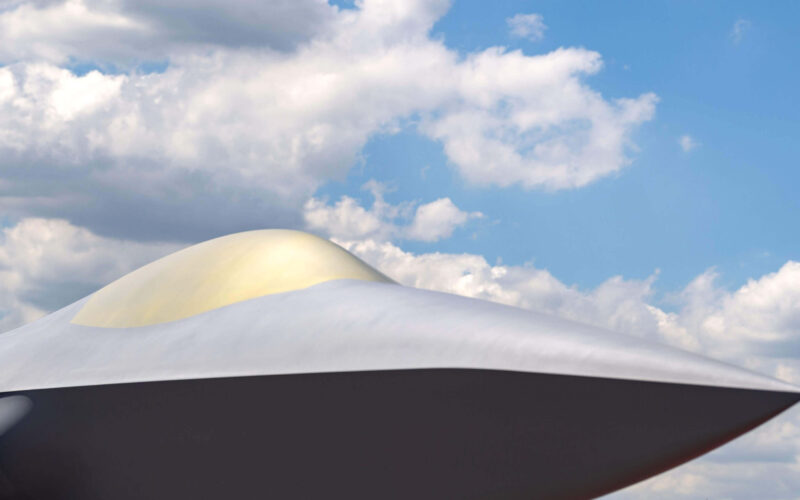Since it was officially announced in April 2018, the joint development by France, Germany, and (later) Spain of the Future Combat Air System (FCAS), slated to eventually replace the current generation of Eurofighter and Rafale fighter jets, has had quite a few turbulences. Following the Franco-German Council on defense and security held on February 5, 2021, doubts regarding the project seem to have emerged on both sides of the Rhine.
French leadership or shared leadership?
Led by Dassault Aviation, the FCAS has been in phase 1A of its development since February 2020, when the German Parliament agreed to release €150 million over two years. Obtaining their approval, however, proved difficult, as the lawmakers of the Bundestag worried that the project was favoring the French industry over the German one. In particular, the decision to offer the leadership of the Next-Generation Fighter (NGF) subprogram to Dassault, and the engine to Safran, provoked their ire, leading to the halt of the program until the issue was resolved.
The same scenario could repeat itself, as another €1 billion will soon be needed for phase 1B and the development of a technology demonstrator. During the press conference that followed the Franco-German Council, German Chancellor Angela Merkel reopened the debate as she questioned the distribution of tasks among manufacturers. “It is a project under French leadership but it is still necessary that the German partners can be at a satisfactory level vis-à-vis their partners,” Merkel stressed. “We must therefore see very precisely the questions of industrial property, the sharing of tasks, and the sharing of leadership.”
Another problem could arise. According to French media BFMTV, Germany would require a transfer of technologies from Dassault. In the words of Luftwaffe Chief of Staff Ingo Gerhartz, Berlin would refuse to deal with technological “black boxes” over which it could not have control due to the lack of intellectual property. “It should be possible to hand intellectual property rights from one branch of industry to the other so that all partners can make their own developments in the future,” Gerhartz commented, hinting at the use of Dassault’s technologies for other German programs. That may be a tough pill to swallow for the French manufacturer.
While until now skeptical Berlin lawmakers had been the most vocal regarding the program, the same concerns can now be heard in Paris. “The latest discussions during the Franco-German defense and security committee between France and Germany are not going in the right direction,” the chairman of the French Senate Foreign Affairs and Defense Committee, Christian Cambon, told La Tribune.
Despite the obstacles, both Merkel and her French counterpart Emmanuel Macron said the issue would be quickly resolved. Spain’s participation, announced in February 2019 but only officialized in December 2020, was not mentioned.

